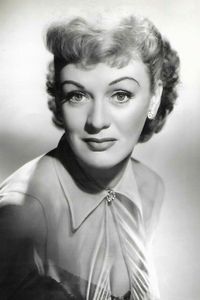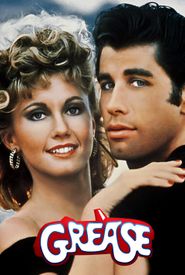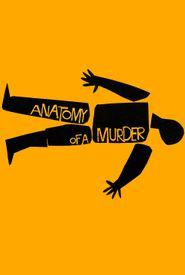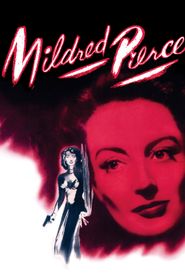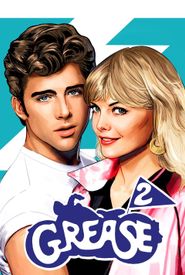Eunice Mary Quedens, later known as Eve Arden, was born in Mill Valley, California, a suburb of San Francisco, and had a passion for show business from a young age. At the age of 16, she left school to join a stock company, making her stage debut in a minor role. She continued to appear in minor roles in films under her real name, Eunice Quedens, but found that the stage offered her similar opportunities.
By the mid-1930s, Arden had changed her name to Eve Arden, inspired by the cosmetics brand "Evening in Paris" and "Elizabeth Arden". In 1937, she gained recognition with a small role in the film "Oh, Doctor", which led to her being cast in a minor role in the film "Stage Door". By the time the film was completed, her part had expanded into the role of a wise-cracking, fast-talking friend to the lead, a character she would go on to play throughout her career.
Arden's sophisticated wit and quick repartee never made her the lead, but she remained a busy actress in dozens of films over the next decade. She appeared alongside Groucho Marx in "At the Circus" (1939) and played a Russian sharp shooter in the comedy "The Doughgirls" (1944). Her role as Ida in "Mildred Pierce" (1945) earned her an Academy Award nomination.
In the 1940s, Arden began working in radio, and in 1948, CBS Radio premiered the popular show "Our Miss Brooks", which was tailored to her character. The show was later adapted for television in 1952 and ran until 1956. The television series "Our Miss Brooks" led to the 1956 film adaptation.
When the show ended, Arden attempted another television series, "The Eve Arden Show" (1957),but it was soon canceled. In the 1960s, she raised a family and made occasional guest appearances before returning to television with the series "The Mothers-In-Law" (1967),co-starring Kaye Ballard. The show ran for two seasons, and Arden went on to make more unsold pilots, television movies, and guest shots.
Arden made occasional cameo appearances, including as Principal McGee in "Grease" (1978) and Warden June in "Pandemonium" (1982).
